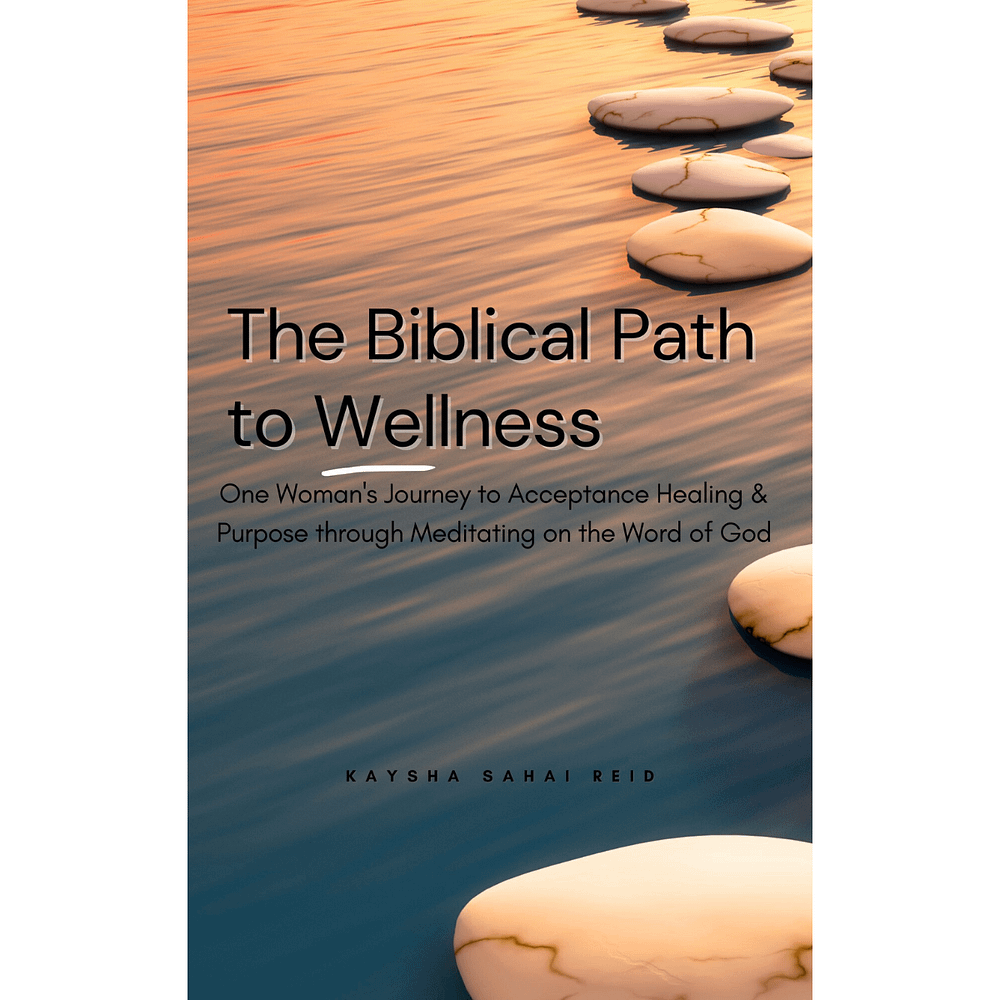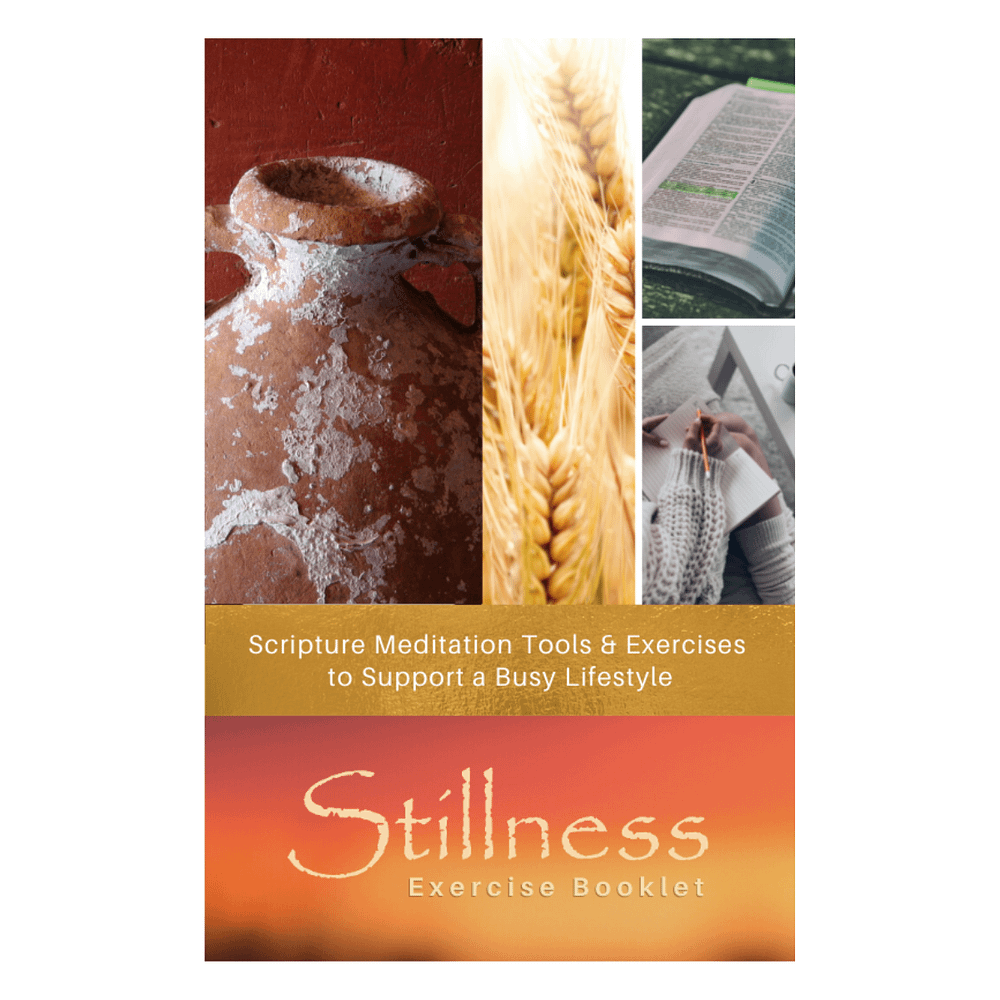
How to Meditate
Learning how to meditate generally involves focus. For a Christ-follower, this means putting your attention on God’s word.
I began meditating on the word of God during a difficult period in my life; but it wasn’t long before I discovered just how miraculous the God’s word is! I could feel myself being transformed and strengthened with each passing day. The Word of God basically led me to a victory I had been trying to find on my own.
So, what is biblical meditation?
The American Heritage Dictionary defines meditation as “a devotional exercise of or leading to contemplation.” Yet there is a distinct difference between biblical meditation and other forms of meditation. For instance, in traditional meditation, the individual tunes into the “self” as the knower. In Biblical Meditation however, the believer seeks to commune with God (by contemplating on his Word) and de-identifies with his or her own thoughts by tuning in to the Christ Mind.
“I reach out for your commands, which I love, that I may meditate on your decrees.“- Psalm 119:48 (NIV)
 Biblical meditation is essentially about consistently studying and applying God’s word.
Biblical meditation is essentially about consistently studying and applying God’s word.
In fact, the Hebrew word for meditate, hagah, also translates to words like murmur, ponder, speak, imagine and study. Therefore, as essential as these all are, meditation is more than just a practice; it is a lifestyle. Ultimately, the goal is to seek to commune with God by contemplating on His Word. This basically allows us to renew our minds and continuously build our faith, as we connect more with the Word and apply it to our day-to-day lives.
Meditating on God’s word is much more effective when you already have the scriptures memorized.
There are several ways to memorize God’s word. The technique outlined below does not require that you concentrate too much on actually memorizing the scripture. It’s really a very straight-forward process which allows retention to occur organically, over time. However, since we all learn differently, feel free to alter it in any way necessary.
Things you’ll need:
– A Good Study Bible
– Paper and Pen
– Cue Cards
A few tips:
1. Decide on the area(s) in your life where you would like to confess God’s word.
2. Use the subject guide section of your Study Bible to locate the scriptures related to that area/topic.
3. Write down the full verse(s) on paper. Some productivity experts and writers believe that writing actually helps you to better retain information. Compiling a list of all your favorite verses will also serve as a handy resource for future reference.
4. Choose the scriptures you would like to use for your meditation from the list you created in the previous step, and rewrite each one in first person on a separate cue card.
For example, 1 Thessalonians 5:23 can be rewritten in first person as follows:
And the very God of peace sanctify me wholly; and I pray God my whole spirit and soul and body be preserved blameless unto the coming of our Lord Jesus Christ.
5. Read from the cue cards and speak the verses out loud during your meditation, twice per day.
Just remember that repeating the verses out load also helps with retention.
Finally, the amount of time it takes to commit the verse(s) to memory will vary by individual. However, once you have them memorized, your time with God will be much more relaxing and enjoyable. At that point, you will be able to close your eyes, allow God’s word to permeate your mind and ultimately take root in your life.
Click here to download complementary cue cards to use for your meditation.
Check-out any of my publications on meditation and stillness below:
Shop the Stillness & Me-time Collection
Check-out these items in our Zazzle Store
Have you read the latest issue of Stillness & Me-time Magazine?





